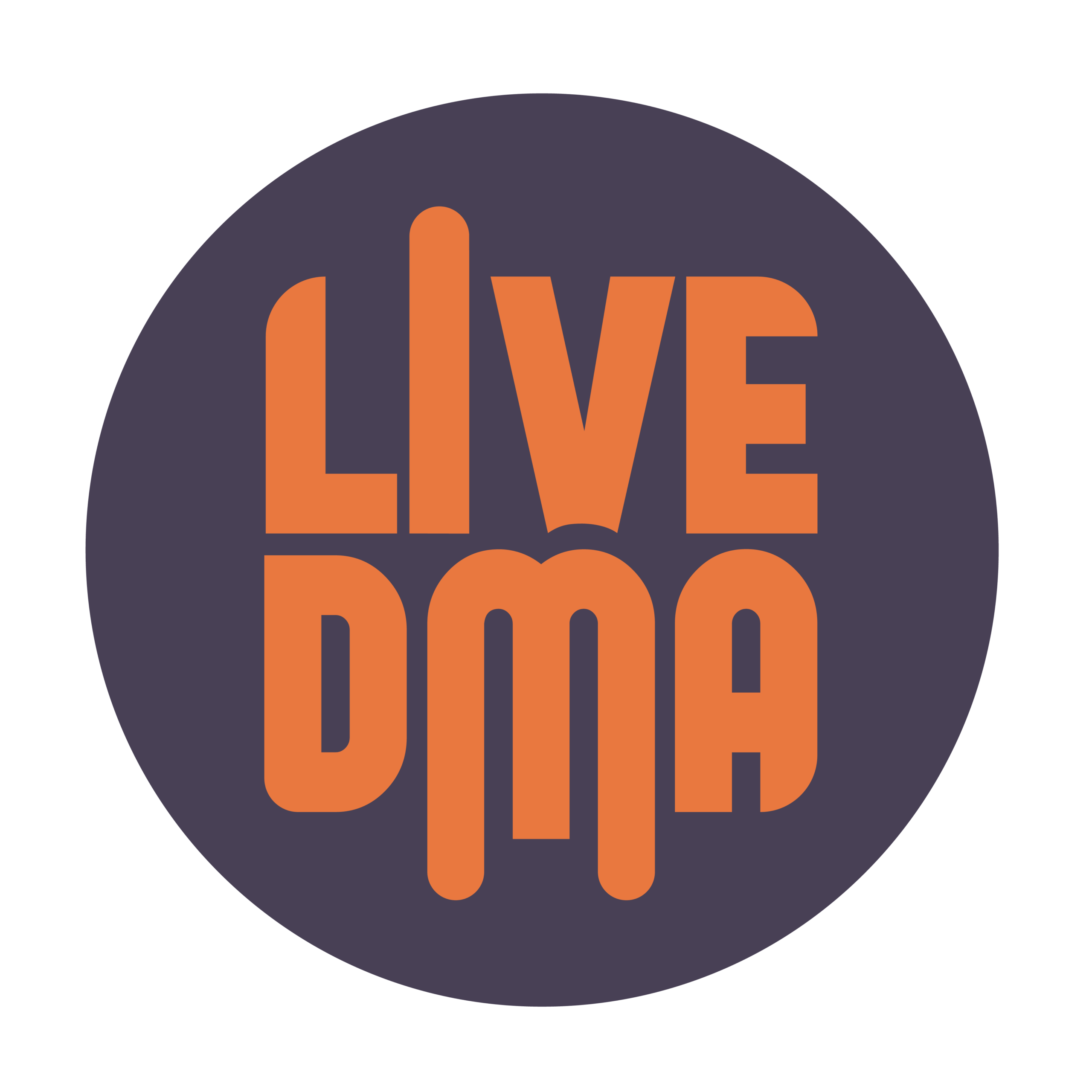“It’s really important for us to be at the forefront on the sustainability and inclusion questions, to inspire others and help with all these things. If we don’t have a sustainable future, we may not have a future at all.”
Resources
-
What remains of a night that was never meant to be documented? The report, Archiving Dutch Night and Club Culture, explores how nightlife communities, artists, and institutions across the Netherlands are documenting and safeguarding the past and present of club culture. Commissioned by Podiumkunst.net and led by VibeLab, the study features 900 minutes of interviews,…
Read»
-
The State of Live is the first comprehensive national economic research study by USA’s National Independent Venues Association examining independent live entertainment venues, festivals, promoters, and performing arts centers. This report quantifies their significant economic contributions, explores challenges facing their sustainability, and provides invaluable data to drive advocacy and support.
Read»
-
CooProg is a free, open‑source digital platform designed to foster greener touring in the performing arts. It enables festival and venue programmers across Europe to share upcoming projects and discover procedural overlaps—helping them coordinate geographically and temporally coherent tours. By promoting slower schedules, territorialised planning, and collaboration, CooProg addresses the cultural sector’s climate responsibility and…
Read»
-
The Musicians’ Union (UK) and the Incorporated Society of Musicians jointly published the Music Sector Code of Practice—a policy framework aimed at preventing bullying, harassment, and discrimination within the music industry under the Equality Act. It outlines legal responsibilities for employers and promotes a respectful working culture. Hundreds of organisations across the sector have endorsed…
Read»
-
The “CAO Podiumkunsten‑Muziek (PC 304)” (Collective Labour Agreement for Performing Arts and Music) tool on Juist is Juist provides access to the collective labour agreement specifically governing working conditions in the performing arts and music sector in Flanders and Brussels. Published and updated regularly, it covers employment categories, minimum wage scales for permanent and freelance staff, allowances, working…
Read»
-
The Musicians’ Union (UK) provides a set of standard live engagement contract templates for various performance contexts (solo, band, recurring engagements, profit-sharing, etc.). These templates outline key contractual elements such as fees, cancellations, equipment responsibilities, and recording permissions, helping ensure clarity and fairness between musicians and hirers. While designed under UK law, these contracts can…
Read»
-
The “Work Conditions” section on Creatives Unite is a digital knowledge platform offering comparative, country-level insights into the state of working conditions for artists and cultural professionals across the EU. It maps regulatory frameworks on legal artist status, social security entitlements, labour relations, fair practices, skills development, and artistic freedom. The tool complements an EU-level OMC…
Read»
-
Music C•A•R•E•S is a digital tool (currently in beta, available in German and English) designed to support sustainable event planning in the live‑music sector. It offers a CO₂‑calculator for domains like mobility, venue energy, catering, and merchandise, providing reactive estimates of emissions and guidance on reducing resource use. Users can also consult a curated database of…
Read»
-
The Green Club Guide is a digital sustainability handbook for clubs and live event venues in Berlin. Developed by initiatives like Clubcommission, Clubtopia, Clubliebe e.V., and supported by municipal and environmental authorities, it outlines clear, practical actions across key areas—bar operations, lighting and sound, team involvement, toilets and water use, cleaning, waste reduction, energy systems,…
Read»
-
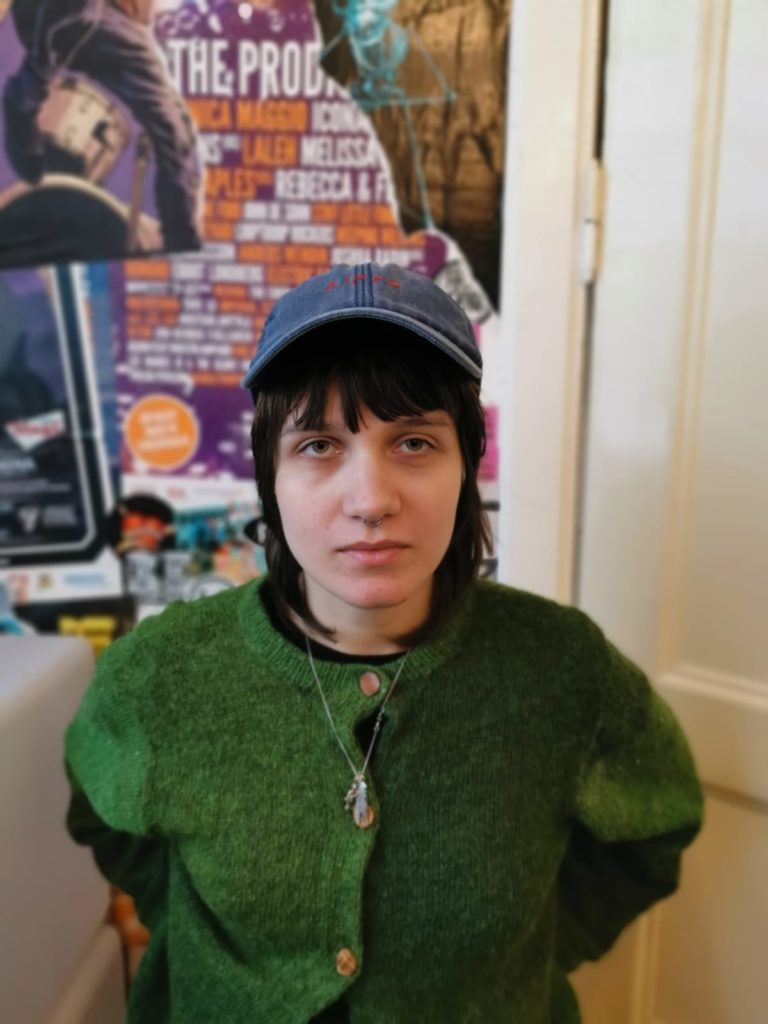
-
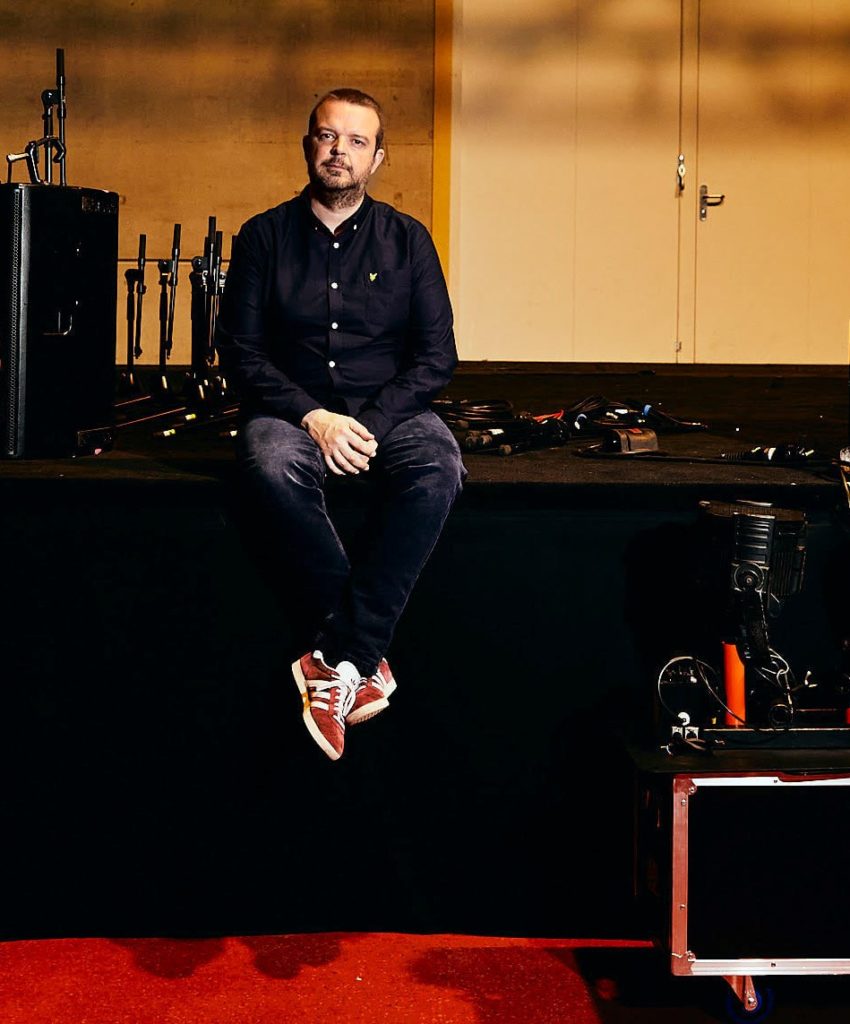
“It’s all about sharing and cooperation!”
-
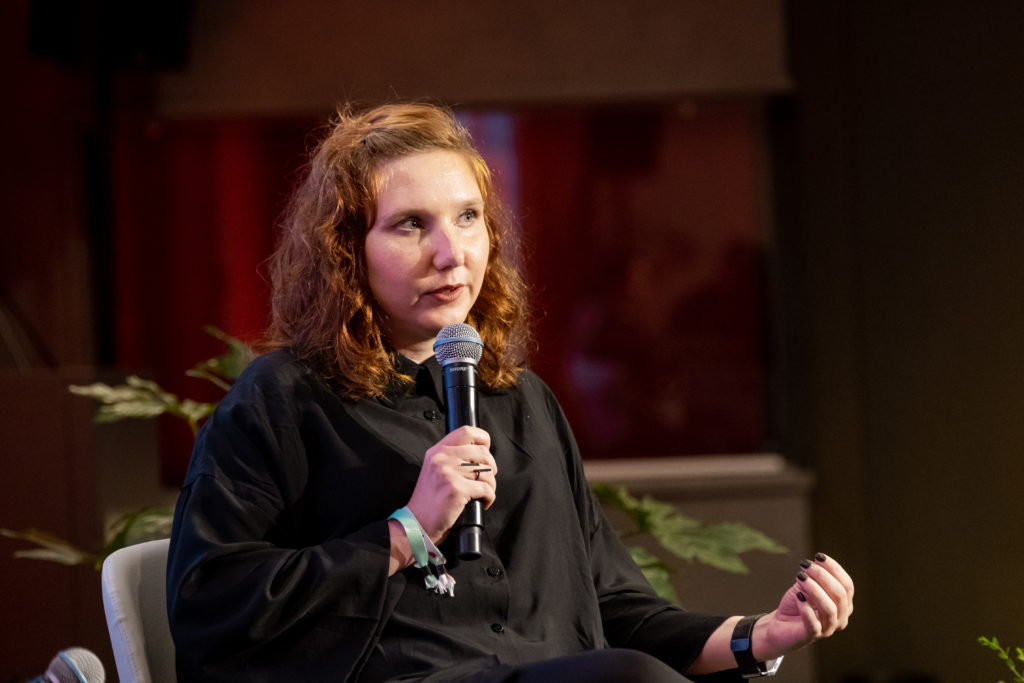
“We need organisations like Live DMA to support our activities. During COVID, it was important to have Live DMA meetings so that we could learn what was going on in the other countries, and that was very helpful when it came to the lobby work on the local level”
-
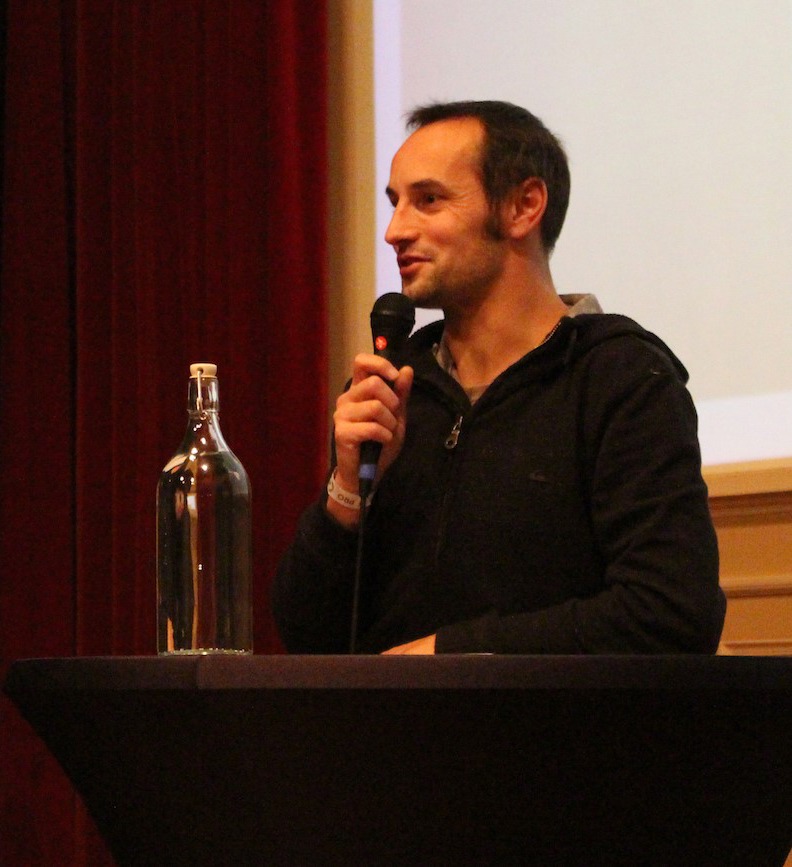
“We have been celebrating the 10th anniversary of Live DMA, a network which was created in 2012 by venue networks from all over Europe. The purpose was to share knowledge and skills with each other, and to set up common projects, and I think we’ve succeeded in doing that!”
-

“I learned to collect and process data with good quality, and also I learned the importance of data to start a dialogue with institutions. Good data gave ACCES a lot of recognition”
-

ʻʼThanks to Live DMAʼs Survey, we showed our government that the more a venue is subsidized, the more money they generate. The Ministry of Culture had little knowledge of our sector. So to present these figures from different European countries was crucial in re-valorising our subsidies.”
